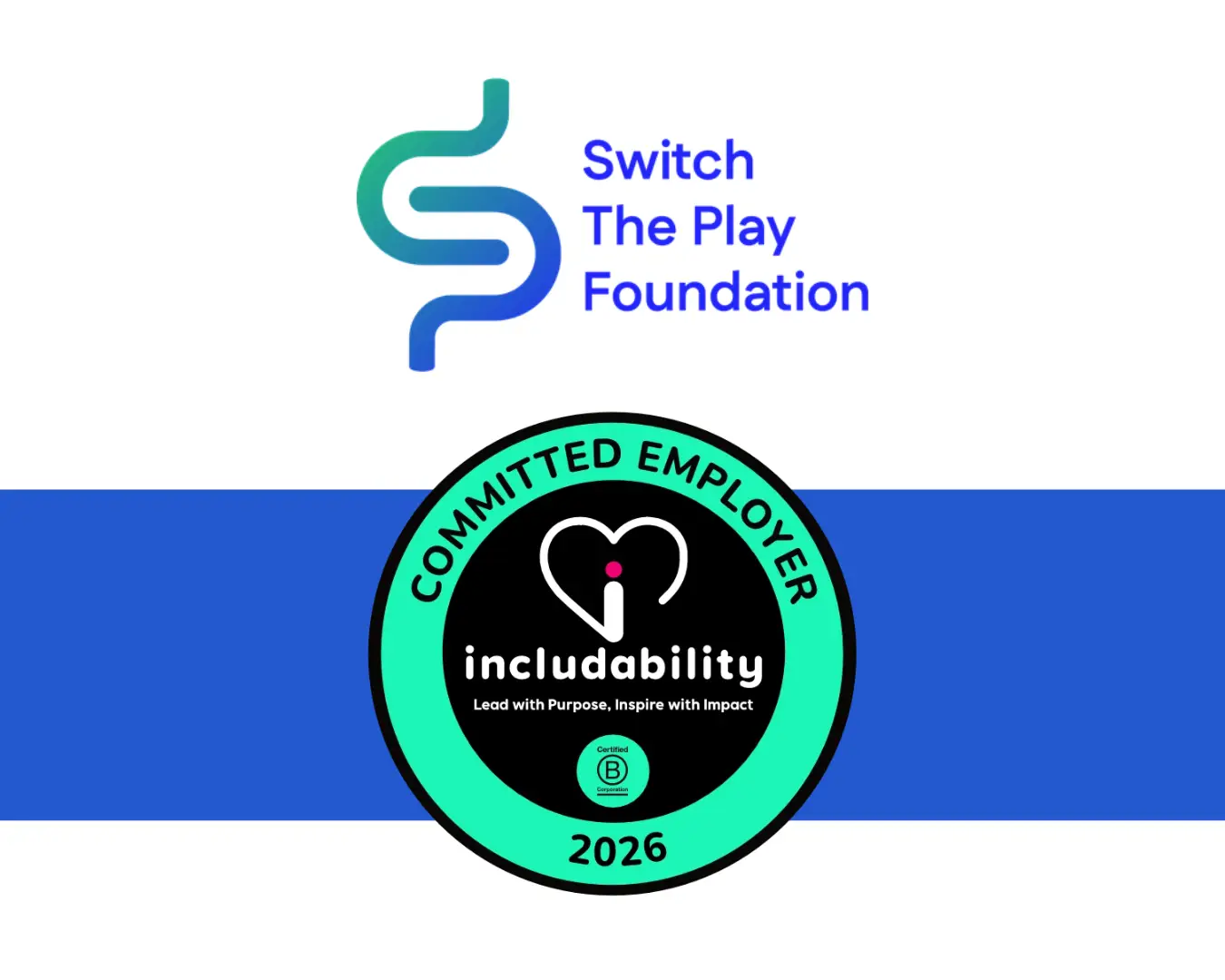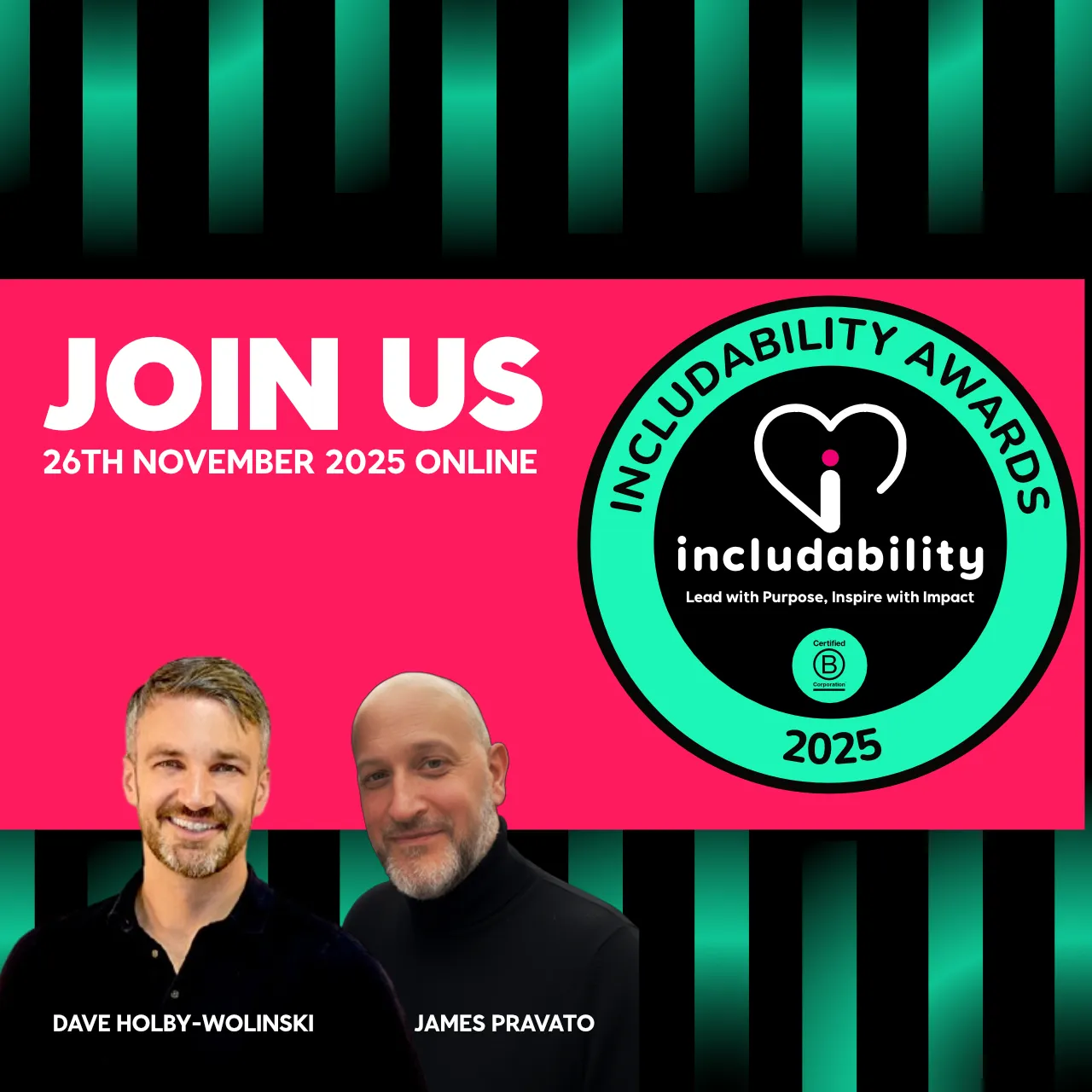Veteran Mental Health Highlighted in Includability Forum
We look at Mental Health Awareness for Veterans and Military Personnel

We look at Mental Health Awareness for Veterans and Military Personnel

What is the impact on mental health faced by military personnel during their transition to civilian employment
The impact on mental health faced by military personnel during their transition to civilian employment, and how employers can best support and engage with Veterans in the workplace were among the topics discussed in the second Includability webinar in support of Mental Health Awareness Week.
Who spoke at the Includability webinar?
The forum took place on 12 May and featured prepared statements plus a Q&A. The webinar, hosted by Includability Co-Founder, Paul Smith featured a panel of ex-military persons working for a range of industries from the private sector to charities.
The panel featured: Dr Lizzy Bernthal, Resilience Leadership Coach at Release Your Potential, Billy MacLeod MBE, COO at Veterans In Action, Joseph Walcott GCGI, Project Manager at Samaritans, Matt Dickinson, Area Manager at Micheldever Group, and Andy Bishop, Founder of ManGang.
The forum opened on the topic of reintegrating ex-service persons to the civilian workforce. The panel agreed that leaving the military can be a traumatic experience, even for soldiers who leave voluntarily.
Billy MacLeod said,
“Leaving a cocoon of safety that the military offers you, and facing the sudden loss of the regimented structure and the support of around 200 friends and colleagues at close call can be a shock. He also discussed the qualities of hard work and loyalty that a veteran can bring to any employer and the renewed sense of purpose that can bring".
What myths surround veteran mental health?
The panel also sought to dispel the myth that, although ex-service persons sometimes struggle to reintegrate, they are by no means broken because of it.
Joe Walcott said the journey ex-service people take can be a long one and recommended anyone doing so should take time in resettlement to adjust their thinking from immediate problem solving to self-reflection.
Walcott suggested more employers should offer civilian training to those with long careers in the military and, for companies with a reputation for taking on former service persons, to have a military conduit embedded into the recruitment process to help interpret military CVs and ease transitions by bringing forward the skills they have to offer.
He also suggested employers must recognise the stress and anxiety that comes with their job and how it is a completely different experience to that of the military and some may not be prepared for that right away.
Andy Bishop talked of his own experience of adjusting to civilian life after serving in the Corps of Royal Engineers for 22 years. Having left the service in 2012, he wishes he had greater emotional support, or a conduit to seek advice from when he came back to “Civi Street”. He thought a new career was an automatic 22-year sign-up and worked relentlessly at a job he quickly outgrew without knowing how to communicate his wants and needs to his employer. He says his sense of loyalty was too great which prevented him from leaving.
How do we help veterans transition to civilian life?
Matt Dickinson discussed helping the mental health of a soldier transitioning to civilian employment from an employer standpoint. He said initial contact can be made before someone leave the military to ensure contact is routine by the time they leave, and to introduce them to other ex-service persons within a company, giving them someone to relate to.
He said in his own case that he craved that stability when he first left the services and considered re-enlisting to regain that sense of stability.
Do officers have dedicated support networks?
Dr Lizzy Bernthal spoke about her experience as an officer and said they were relatively lucky to have the Officers’ Association and others to assist them. She said that support should be available to military leavers at all levels.
She also said that rank does not matter once someone leaves and that any issues (including mental health) do not enter the public’s mind until a veteran’s celebration day or a specific awareness day.
Andy Bishop added,
“On 12th November, your medals go away and that is it. The rest of the time you are back to plain old mister. We are veterans 24/7. Mental health doesn’t switch off because no one is talking about it on social media. We need a more holistic approach.”
Photo by Eduard Delputte
Related resources & events
Sign up for our newsletters
We have an employer and Job seeker newsletter giving you all the latest information in one easy and digestible email. Sign up today for news and job advice straight to your inbox.










